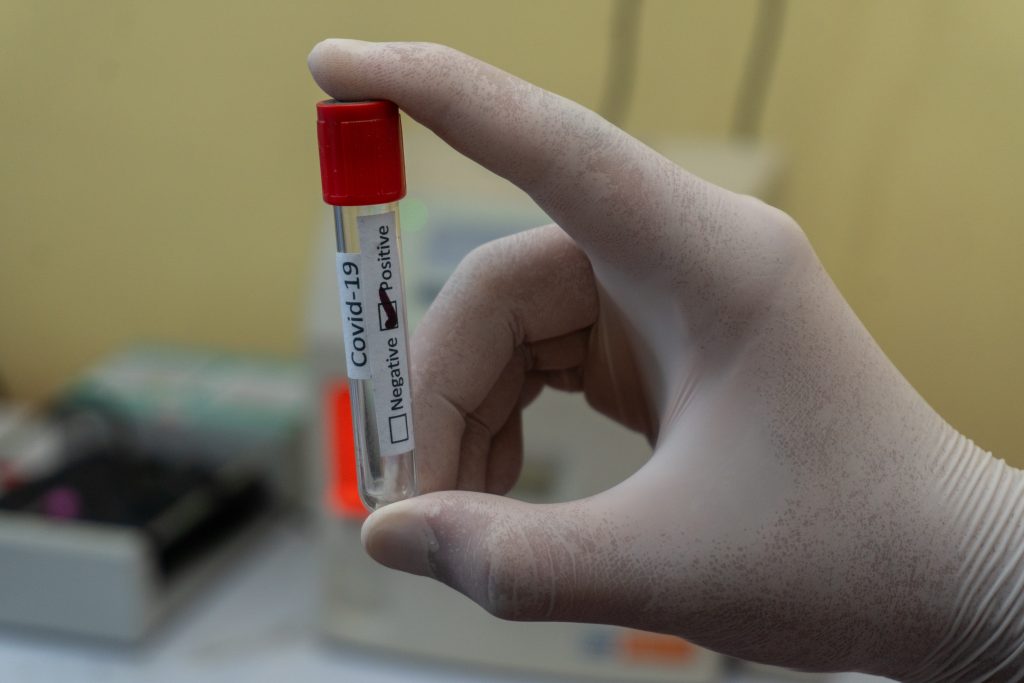On December 15, the Indiana Supreme Court issued a new order suspending jury trials until March 1, 2021. This new order can (and likely will) impact your criminal case and there are a variety of matters your attorney should consider as soon as possible.
Speedy Trial/Indiana Rules of Criminal Procedure 4
Under the United States and Indiana Constitutions, you have a right to a public and speedy trial, but that right is also part of the Indiana Rules of Criminal Procedure through Rule 4 (often called Crim. Rule 4). Under Crim Rule 4 if you are in custody and exercise your speedy trial rights (aka demanding a speedy trial) you have to be brought to trial within 70 calendar days from your demand. We do not include any delays attributed to a defendant or court congestion however. If you do not demand that speedy trial right but are in custody, you have to be brought to trial within 180 days of the charges filed (again, we do not include defense continuances or court congestions) and if not, you must be released on your own recognizance. If you are out of custody and not brought to trial within one year (not counting defense continuances or court congestion), you are discharged. By discharged, we mean your case is dismissed.
This new order by the Indiana Supreme Court, is an example of a court emergency that stops (or tolls) this Crim Rule 4 time, meaning you can potentially sit in jail for longer than you normally would EVEN IF you had demanded your speedy trial. The current order notes:
- For speedy trial demands filed BEFORE December 14, 2020 and/or generally in calculating the days for Crim Rule 4, the tolled period is calculated from December 14, 2020 through March 1, 2021.
- For speedy trial demands filed AFTER December 14, 2020 and before March 2, 2021 and/or generally in calculating the days for Crim Rule 4, speedy trial demand is deemed filed on March 1, 2021 (meaning the time between December 14, 2020-March 1, 2021 is not considered tolled or even calculated at all).
- For both situations, court congestion or other emergencies can still congest matters after March 1, 2021
There are much more specific nuances that come into play with Crim Rule 4 without COVID-19 delays, but the Indiana Supreme Court Orders (including this new one) are very specific in how we calculate the time, so you must be sure you speak with one of our Attorneys to determine where your case is at time-wise.
Potential Pretrial Release Reconsiderations
As we’ve discussed in previous blogs, the current environment we are living in with COVID-19 and individuals who find themselves in custody is a hot topic to argue for immediate release or relaxed release conditions. However, as time has passed since this past March, Prosecutors argued more about being in custody was not increasing an individual’s COVID-19 risk and Courts have become increasingly less receptive to these concerns as a basis for release when compared to the offense(s) charged.
However, with this current delay of jury trials until March of 2021, an individual in jail is forced to wait before they can exercise their constitutional right. Within our firm we are working expeditiously to file immediate motions for bond review or motions to release, citing the purposes behind bail/bond and that other release conditions (i.e. GPS monitoring or Home Detention) in order to not force someone to wait or take a plea agreement in order to potentially get released sooner for an offense they may have had success beating at trial.
Pretrial Case Resolution Options
The impact of COVID-19 on the legal system in Indiana will continue to be felt for quite some time as cases have continued to be charged, but have been slow to reach resolution. Inevitably there is and will be a logjam of cases on each individual court’s docket, with pending caseloads reaching unimaginable numbers. Judges will want cases to be resolved in an efficient manner and there is where your attorney should immediately take action.
While every individual has a right to take their matter to trial, with that comes a risk or gamble of a conviction. In every case, a skilled attorney can negotiate with the Prosecutor to reach an agreement that reduces the risk of a conviction of a higher-level offense and/or a conviction all together. With the current environment causing cases to be delayed well beyond the “normal” amount of time, an attorney can use this delay to aggressively negotiate resolution options on your behalf that perhaps would not be available in any other scenario. From diversion, conditional discharge, lesser included offenses, fully suspended, etc., your attorney should be communicating with the Prosecutor to help provide you with a resolution option (while also reminding the Prosecutor that a sweetheart offer can mean one less case for them to have).
If you or somebody you know has recently been convicted of a crime or has questions about the criminal case process, contact the experienced criminal defense attorneys at Banks & Brower, LLC. We are available at all times by calling us at 317-870-0019 or by emailing info@banksbrower.com.

